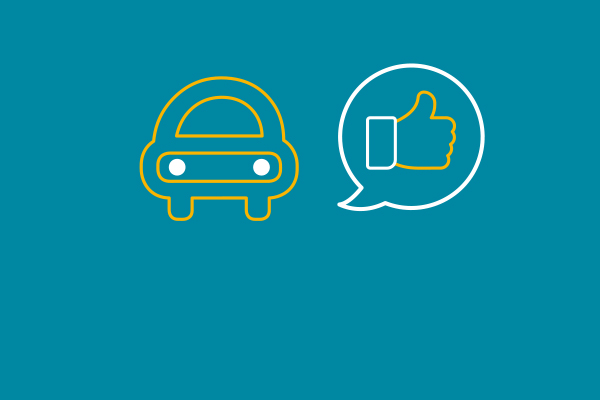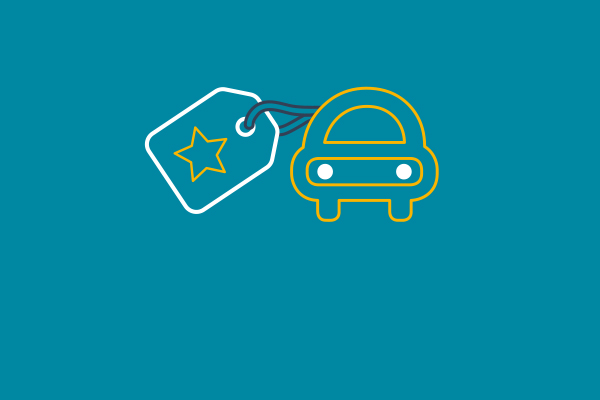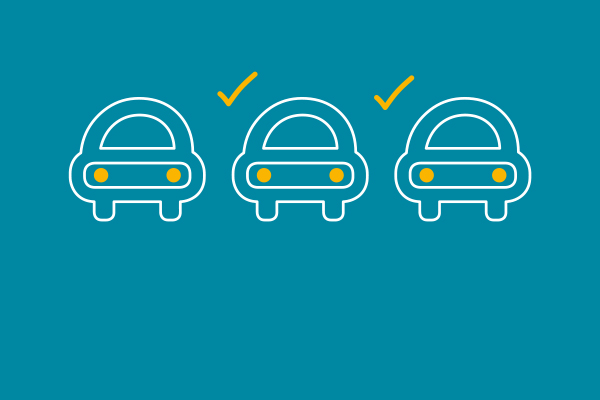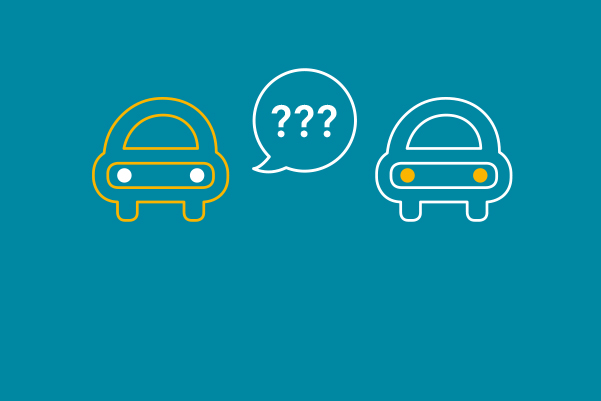- Get a Quote
- Help & Contact
- My Account
- About Us


Fleet Hub
Best tips for new drivers!
Best tips for new drivers!
Helping you to stay safe on the roads...
Passing your driver’s test brings on a mixture of emotions, you’ll feel relief, pride, free. But with this comes responsibility. You need to learn how to manoeuvre yourself and monitor others on the road, all while being safe because there are a lot of things that can go wrong. Here are Fleet’s best tips for first-time drivers:
1. Follow the rules - One of the most important things you can do when driving is to follow the rules of the road. You can’t rely on others to know what they’re doing or where they’re going. Stick to the speed limits, leave adequate space between you and the car in front, obey traffic signals and wear your seatbelt – to name a few. This will help you and those around you to drive safely and avoid hefty fines which could increase your insurance. 2. Slow and steady - Slow and steady wins the race. Choosing to drive fast means that you run the risk of losing control. This is especially important on roads that you’re not familiar with, roads that get a lot of traffic, roads that are experiencing maintenance work, and roads that are impacted due to weather. Slowing down helps you to understand the best form of action, whether that be needing to take a diversion or that you need to take control of your car. 3. Lose the distractions - To drive safely lose the distractions. Most accidents are caused due to people driving and using their phones. Using it under any circumstance is wrong and we will not condone it. If you’re needing to contact someone while driving, either use Bluetooth, your car infotainment or if you don’t have access to either, pull over to make your call. Even the radio can be a distraction, so choose which station you’d like to listen to before driving away, or ask someone in the car to control it. This is one way to ensure you and your passenger(s) are safe. 4. Keep the car in good condition - By making sure that your car is regularly serviced and maintained you can rest assured that your vehicle won’t fail you. Of course, it may happen that you run out of fuel or your battery dies, it happens. But to make sure you aren’t completely stranded without a car for days, weeks or months, making sure it’s seen to and is in good condition can mean your car is happy and healthy and can continue to transport you where you need to be. 5. Be prepared - You never know what can happen with your vehicle, even when you do everything right, you can still break down. Whether you’ve driven over a nail, the weather might be harsh, or you’ve had an accident, you need to make sure you’re prepared for any altercation. To stay safe if this does happen to you, it’s best to have the following in the car: a blanket, food and water, a first aid kit, a spare tyre and a red warning triangle. All of which will help to keep you safe on the side of the road. Not only do these need to be in your car, but you also need to make sure you have valid insurance and a contact to be able to get you and your car recovered. Hopefully, this has helped to teach you a little about the roads, while also helping to keep you safe. Did you know NHS Fleet Solutions allows its users to add young drivers to their insurance? Find out more by heading to our FAQ page.



